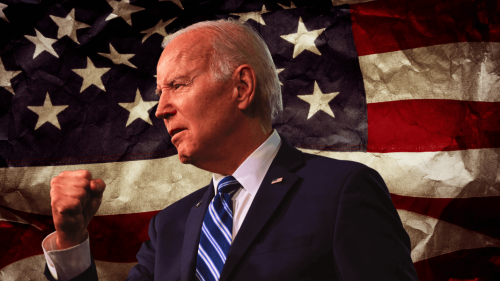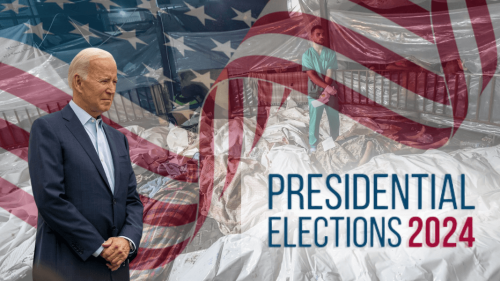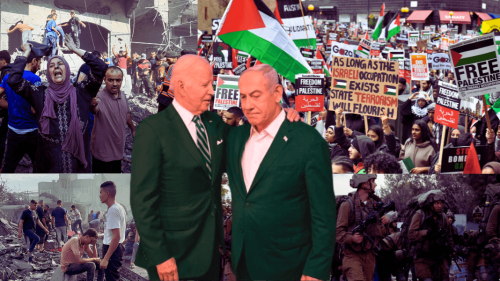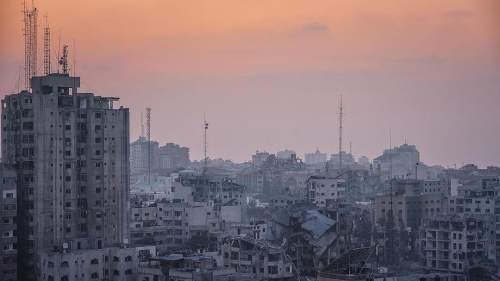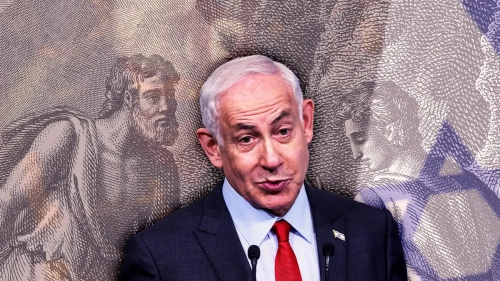Florida Muslim Enjoys First Days of Freedom
The story of a Palestinian professor's arrest and the denial of his most basic rights during three years in a Florida immigration jail, symbolizes the civil rights crisis felt by the Muslim and Arab communities across the United States. It was not until late last week that Dr. Mazen Al-Najjar's nightmare began to end. After a disappointing announcement from supporters that US Attorney General Janet Reno put his release on hold, he was ordered released just two days later.
Despite of the heavy volume of telephone calls congratulating him for his new-found freedom, the many cheerful faces that came to offer the secret evidence victim a hug and a pat on the back, Dr. Al-Najjar took the time, only hours after his release to talk to iviews.com about his three-year ordeal.
Up until his incarceration, Al-Najjar's story is typical of many Palestinians. Thousands of Palestinians were forced to leave their homes in Gulf countries because of Yasser Arafat's open support of Saddam Hussein during the Gulf War. Many of those Palestinians, unable to return to their homeland, chose the United States as their new home.
Al-Najjar came to the United States seeking to advance his academic career and received his doctorate degree in 1994. He sought the same legal procedures often followed by immigrants in his situation, so that he would be able to remain in the United States. Everything seemed to move according to plan.
"I had a labor certificate application that was approved by the Department of Labor. I received a visa preference which was approved by the INS," he said. "Everything was ready for me to adjust my status from a student visa to a working visa."
Al-Najjar dates the beginning of his ordeal to 1996 when his sponsor, The World and Islam Studies Enterprise (WISE) came under FBI attack. The organization's offices were raided, its bank account was frozen, and two months later, the INS moved to revoke his labor certificate approval and visa preference.
Several months later, in May of 1997, FBI agents arrested Al-Najjar in his home.
"On the day they arrested me, they also offered me citizenship," he said with a short sarcastic laugh. "Two hours following my arrest, as two FBI agents transported me from Tampa to Bradenton, they offered me a visa, but I knew that they needed something in exchange."
Indeed, Al-Najjar was offered citizenship if he would provide the U.S. government with information about Palestinian organizations and other individuals. He refused to answer questions and the matter was not pursued any further.
"I wouldn't do anything under coercion," he said.
His decision not to cooperate with authorities left him with only two options, challenging the deportation order or apply for asylum. But that was when Al-Najjar said the government began to "play a game". Prosecutors told an immigration judge he shouldn't be granted asylum because he is a peaceful man, had never exhibited violence, and should therefore be able to go to any country without a problem.
"They (the government) expressed to the immigration judge that I shouldn't be granted asylum, because I am a peaceful man. [They said] I have never exhibited violence and I should be allowed to visit any country without any problem," said Al-Najjar.
The judge agreed, and Al-Najjar's asylum request was denied as well as his request for protection under refugee status. But later, when he applied for asylum again, he said the government presented the judge with a completely different characterization of him.
"They told the judge that I am associated with a terrorist organization and that I am a threat to national security, and that I deserve to be detained without a bond indefinitely," he said.
The government used the so-called secret evidence provision and neither Al-Najjar, nor his attorneys were able to see the evidence presented against him. His attorneys then began challenging the constitutionality of the government's actions.
"We adopted several grounds in my defense," said Al-Najjar. "One ground is that this is a violation of the due process clause in the Fifth Amendment which provides any accused the chance to confront the accusations and the accusers, and to have a fair process."
Furthermore, his attorneys maintained his detention based on secret evidence was used to suppress the first amendment, which guarantees freedom of expression.
As if the denial of such basic rights was not enough, Al-Najjar was also denied the right of contact visits with his own family more than once a year.
"I could only visit with my family through telephone or through glass," he said.
It was not until last June that Al-Najjar was allowed to hold his children.
Al-Najjar described his time in a Florida county detention center used as an immigration holding facility. On average, detained immigrants usually stayed two to three weeks. But he said that no one has stayed as long as he did in the history of that center.
The Palestinian was quick to acknowledge the role of Muslim and Arab organizations in his tempered victory.
"My case enjoyed a lot of focus and support -- political, legal and even financial," said Al-Najjar.
Shortly after his detention, the Tampa Bay Coalition for Justice and Peace was formed exclusively to champion his cause. During Al-Najjar's legal struggle, the coalition formed an alliance with 39 other organizations nationwide, known as The Coalition for the Protection of Political Freedom.
My release was the result of the efforts of so many groups and individuals," said Al-Najjar.
Even though he has been released, Al-Najjar still faces an asylum hearing Jan. 9, which will determine whether he is allowed to stay in the U.S.
He affirmed that the Muslim and Arab community's role was valuable in his case.
"If they have the eagerness to achieve something, they will achieve it. I hope that this will be the beginning of more progress in the pursuit of supporting civil rights which should be the number one issue on the agenda of Muslims and Arabs in the United States," he said.








